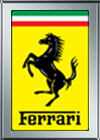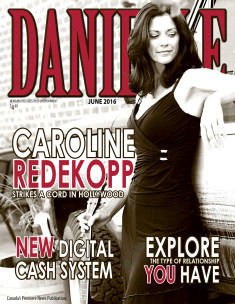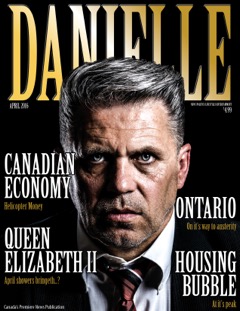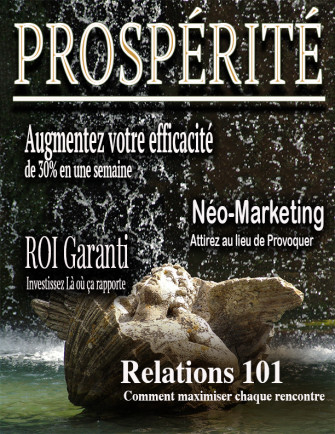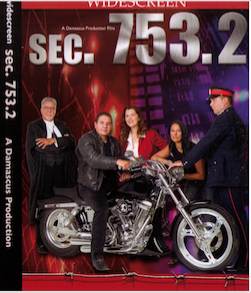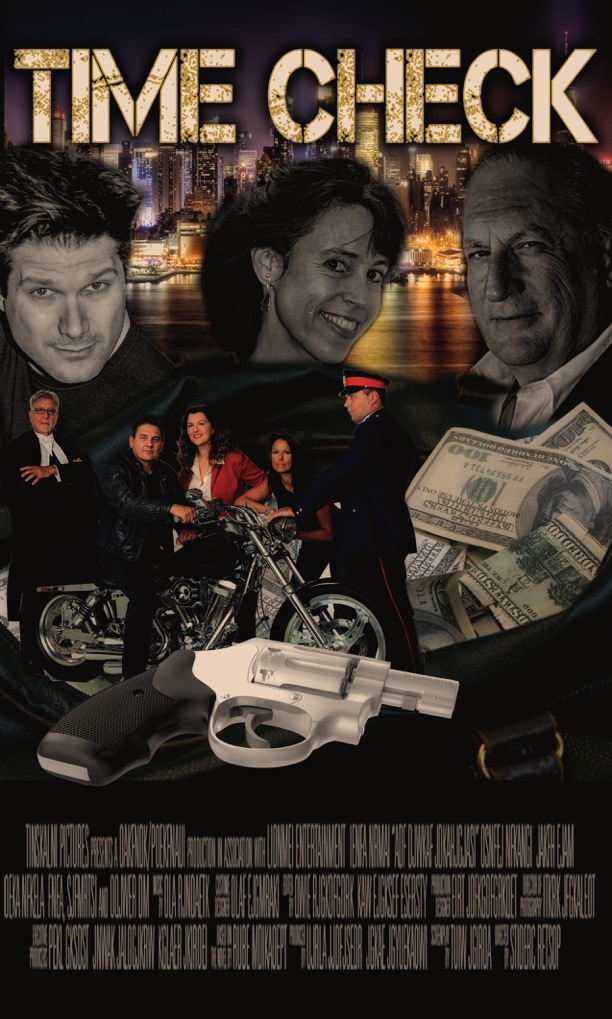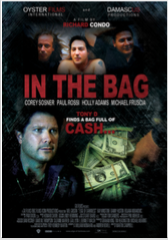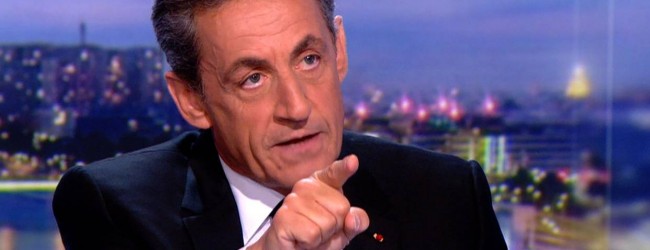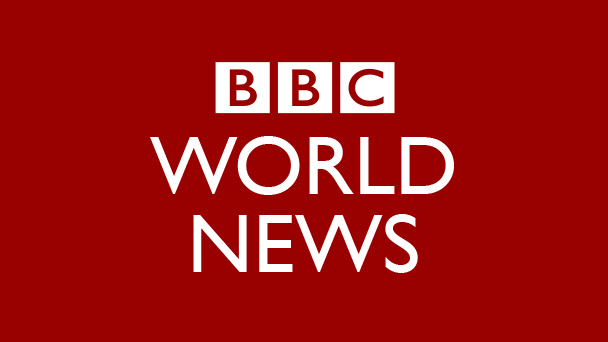France’s Nicolas Sarkozy: ‘Bling’ and legal woes
Nicolas Sarkozy has been beset by corruption investigations since his 2007-2012 presidency in France.
He has been placed under formal investigation over allegations that the late Libyan dictator Col Muammar Gaddafi illegally funded his 2007 presidential campaign.
Mr Sarkozy, 63, denies wrongdoing, but could eventually face trial in this case or another campaign funding scandal known as Bygmalion.
In February 2016 he was placed under formal investigation over the Bygmalion affair. It is alleged that the centre-right party he formerly led – the UMP – connived with a friendly PR company to hide the true cost of his 2012 presidential campaign.
His 15-hour stay in policy custody on 1 July 2014 was unprecedented for an ex-president in France.
That questioning focused on allegations that Mr Sarkozy had tried to influence senior judges – an investigation that was later dropped.
- France’s Sarkozy put under investigation
- Sarkozy under investigation
- France country profile
Mr Sarkozy lost to Socialist candidate François Hollande in 2012 and retired from politics – but only temporarily.
Losing to Mr Hollande made him the first French president not to be re-elected for a second term since Valéry Giscard d’Estaing in 1981.
‘Bling-bling’ presidency
He sought the presidency again in 2016, but the Republicans – the rebranded UMP – instead nominated ex-Prime Minister François Fillon. The young and charismatic liberal Emmanuel Macron won the 2017 presidential election.
Critics nicknamed the 2007-2012 Sarkozy presidency “bling-bling”, seeing his leadership style as too brash, celebrity-driven and hyperactive for a role steeped in tradition and grandeur.
At an agricultural show in 2008 he famously lost his temper with a man who refused to shake his hand. Mr Sarkozy told him: “Get lost, scumbag” – a rough translation of the vulgar expression he used.
His celebrity image was reinforced by his marriage to supermodel and singer Carla Bruni in 2008. The couple had a daughter, Giulia, a few months before the 2012 election.
Mr Sarkozy, who is twice divorced, also has a son from his second marriage and two sons from his first marriage.
Not among the elite
The son of a Hungarian immigrant and a French mother of Greek-Jewish origin, he was baptised a Roman Catholic and grew up in Paris.
Unlike most of the French ruling class, Mr Sarkozy did not go to the Ecole Nationale d’Administration, but trained as a lawyer.
He also studied political science in Paris before launching himself into politics. His rise to the top began as mayor of Neuilly-sur-Seine, an affluent Paris suburb which he ran from 1983.
Initially a protege of Jacques Chirac, he became the right-hand man of Prime Minister Edouard Balladur in 1993-95, serving as budget minister.
When he backed Mr Balladur for the presidency in 1995, the decision caused a lasting rift with Mr Chirac, the successful candidate.
Mr Chirac famously chided him in his memoirs for being “irritable, rash, overconfident and allowing for no doubt, least of all regarding himself”.
Tough on immigration
As interior minister in 2005 he notoriously talked of hosing down troubled housing estates, describing young delinquents in the Paris suburbs as racaille, or rabble.
That blunt comment – made before the 2005 riots in neglected suburbs– encouraged some critics to put him in the same category as the then far-right leader Jean-Marie Le Pen.
Later as president he pushed through measures to curb illegal immigration – including highly controversial mass deportations of Roma (Gypsies).
At the same time, he advocated positive discrimination to help reduce youth unemployment – a challenge to those wedded to the French idea of equality.
Towards the end of his presidency, unemployment claims surged to their highest level in 12 years.
Yet he had been at the forefront of the European response to the global economic crisis in 2008 and helped establish the G20 summits involving the world’s biggest economies.
He also saw through unpopular, but arguably necessary, reforms: raising the retirement age from 60 to 62, relaxing the 35-hour working week, overhauling the universities and altering the tax system to encourage overtime and home ownership.
Statesman
On the international stage, Mr Sarkozy was often described as an Atlanticist, though he opposed the war in Iraq.
He admired the UK’s then-Prime Minister Tony Blair, saying “[his] pragmatism has served his country well”.
In March 2011, France was first to send warplanes into action against Gaddafi’s forces in Libya, spearheading the foreign intervention that enabled the Libyan rebels to succeed.
He was credited with brokering an end to the August 2008 conflict between Russia and Georgia, though Russia later consolidated its grip on parts of Georgia.
In response to the global financial crisis of 2008, he vowed to punish speculators and advocated a strong state role in the economy.
Leading the EU response, he developed a close working relationship with German Chancellor Angela Merkel.

